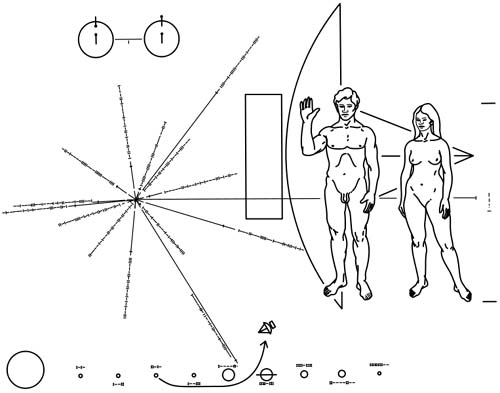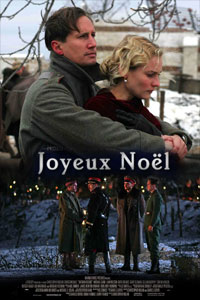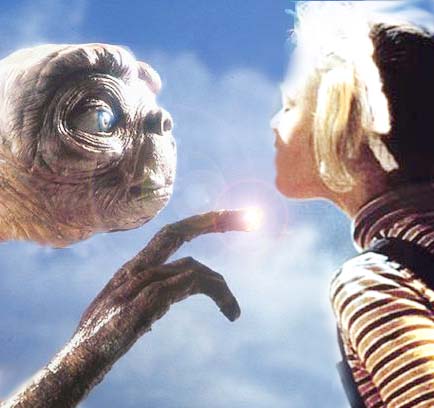 27 Dec 2006 @ 02:13, by D 27 Dec 2006 @ 02:13, by D
We are attempting to survive our time so we may live into yours…
This record represents our hope and our determination and our goodwill in a vast and awesome universe.
The quote above is part of the message placed aboard the spacecraft Voyager by President Jimmy Carter and U.N. Secretary-General Kurt Waldheim on June 16, 1977.
It is commonly speculated that of all languages, the language of Mathematics is a privileged one, which by its very nature possesses a fundamental quality that enables it to be uniquely universal in its communicability.
It is, in part, with that understanding that the plaques placed aboard the Spacecrafts Pioneer 10 (March 2, 1972) and Pioneer 11 (April 5, 1973) were launched into space. The "universal" message contained on the plaques featured a pictorial message from mankind. The plaques show among other things the figures of a man and a woman along with several symbols designed to provide information about the origin of the spacecraft.

It does indeed appear that we do live in "a vast and awesome universe."
Life, on Earth alone, is an awe inspiring phenomenon to feel and experience. And regardless of what can be said of the scientific observer’s endeavor toward a dispassionate analysis of the world as a would-be cold and detached analyst---"felt and experienced" is most certainly what Life is. Life is nothing but feeling and experience! We can’t help it. Ours is the language of emotions---the language of those things that move us.
Is such a language universal?
Are there on Earth universal values that we all share?
Things that move us in the same way?
How much of it is "learned"---acquired through experience---through one’s interaction with one’s physical environment, or through social and cultural conditioning?
How much of it is hard-wired---why does a cat put her life at risk and brave the flames of a building in fire, to go back again and again into the fire and pull, one by one, her kitten away to safety?
What, in 1914, amidst the incredibly destructive and futile trench warfare of World War I, moved German, French and British soldiers to step out of their trenches to join and celebrate together on Christmas Eve?

Is happiness a universal value?
Is sadness?
Compassion? Gratefulness?
Hatred? Benevolence?
Is Love?

Is "two plus two equals four" really any more "universal" a principle than any of those things that move us?
Would any of those things be any less meaningful to an alien life form?
In 1977, a more comprehensive message was placed aboard Voyager 1 and 2: The Voyager Golden Record.
The Record, a 12-inch gold-plated copper phonograph record, contains, amongst other things (sounds, greetings and images) an eclectic 90-minute selection of music from many cultures, including Eastern and Western classics. The selection does not include "Silent Night" (it does include however a Navajo Indians "Night Chant," Mozart’s "Queen of the Night," and "Dark Was the Night," written and performed by Blind Willie Johnson).
This is the compete list:
- Bach, Brandenburg Concerto No. 2 in F. First Movement, Munich Bach Orchestra, Karl Richter, conductor. 4:40
- Java, court gamelan, "Kinds of Flowers," recorded by Robert Brown. 4:43
- Senegal, percussion, recorded by Charles Duvelle. 2:08
- Zaire, Pygmy girls' initiation song, recorded by Colin Turnbull. 0:56
- Australia, Aborigine songs, "Morning Star" and "Devil Bird," recorded by Sandra LeBrun Holmes. 1:26
- Mexico, "El Cascabel," performed by Lorenzo Barcelata and the Mariachi Mexico. 3:14
- "Johnny B. Goode," written and performed by Chuck Berry. 2:38
- New Guinea, men's house song, recorded by Robert MacLennan. 1:20
- Japan, shakuhachi, "Tsuru No Sugomori" ("Crane's Nest,") performed by Goro Yamaguchi. 4:51
- Bach, "Gavotte en rondeaux" from the Partita No. 3 in E major for Violin, performed by Arthur Grumiaux. 2:55
- Mozart, The Magic Flute, Queen of the Night aria, no. 14. Edda Moser, soprano. Bavarian State Opera, Munich, Wolfgang Sawallisch, conductor. 2:55
- Georgian S.S.R., chorus, "Tchakrulo," collected by Radio Moscow. 2:18
- Peru, panpipes and drum, collected by Casa de la Cultura, Lima. 0:52
- "Melancholy Blues," performed by Louis Armstrong and his Hot Seven. 3:05
- Azerbaijan S.S.R., bagpipes, recorded by Radio Moscow. 2:30
- Stravinsky, Rite of Spring, Sacrificial Dance, Columbia Symphony Orchestra, Igor Stravinsky, conductor. 4:35
- Bach, The Well-Tempered Clavier, Book 2, Prelude and Fugue in C, No.1. Glenn Gould, piano. 4:48
- Beethoven, Fifth Symphony, First Movement, the Philharmonia Orchestra, Otto Klemperer, conductor. 7:20
- Bulgaria, "Izlel je Delyo Hagdutin," sung by Valya Balkanska. 4:59
- Navajo Indians, Night Chant, recorded by Willard Rhodes. 0:57
- Holborne, Paueans, Galliards, Almains and Other Short Aeirs, "The Fairie Round," performed by David Munrow and the Early Music Consort of London. 1:17
- Solomon Islands, panpipes, collected by the Solomon Islands Broadcasting Service. 1:12
- Peru, wedding song, recorded by John Cohen. 0:38
- China, ch'in, "Flowing Streams," performed by Kuan P'ing-hu. 7:37
- India, raga, "Jaat Kahan Ho," sung by Surshri Kesar Bai Kerkar. 3:30
- "Dark Was the Night," written and performed by Blind Willie Johnson. 3:15
- Beethoven, String Quartet No. 13 in B flat, Opus 130, Cavatina, performed by Budapest String Quartet. 6:37
|
|